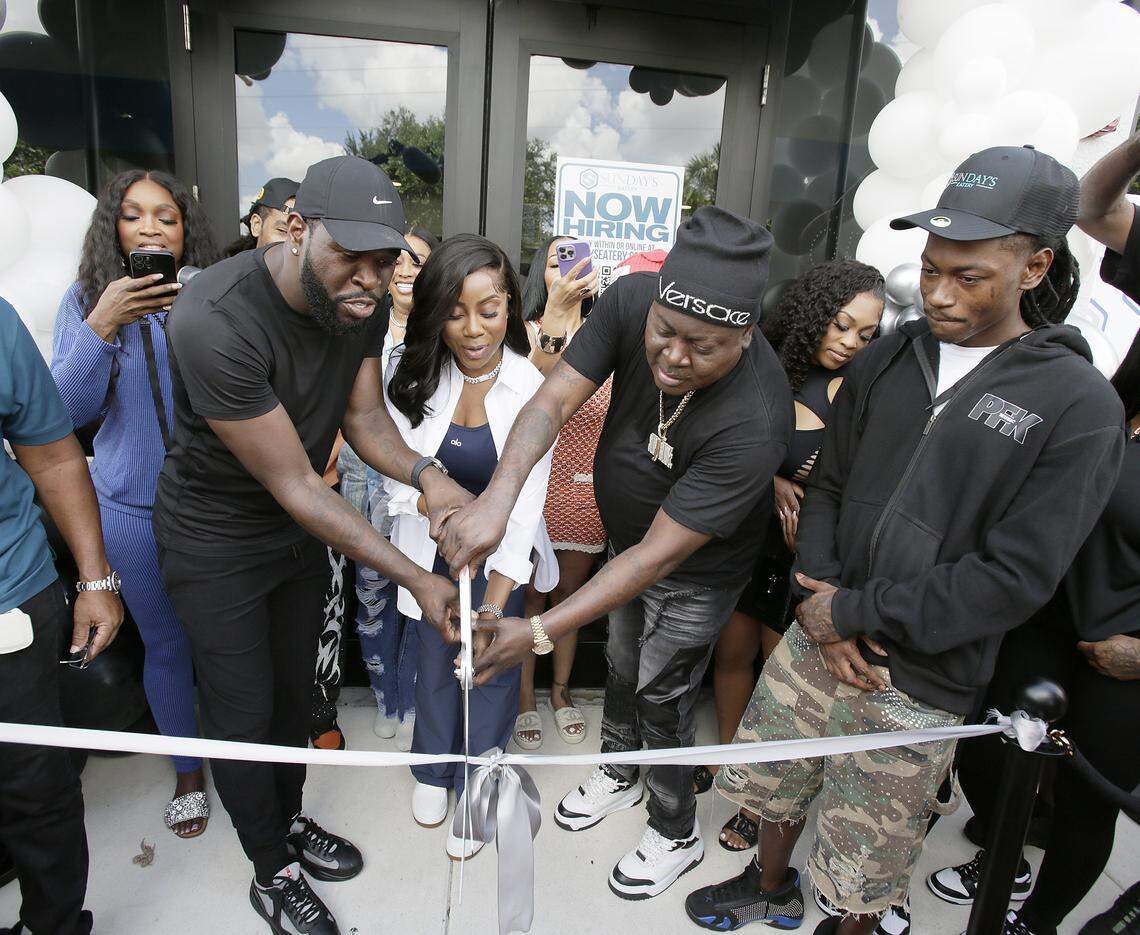Fort Lauderdale Named One of the Southeast’s Most Livable Cities
Maybe it’s the beaches, the restaurants, and the vibrant culture.
But Fort Lauderdale’s thriving business environment also played a key role in landing Broward County’s most famous city on the list of the most livable places in the southeastern United States.
Livability highlighted the city’s “diverse economy,” which spans global logistics, aerospace, aviation, technology, financial services, and marine industries, in ranking Fort Lauderdale among its Top 25.
Other factors, such as Florida’s lack of state income tax and more affordable housing compared to nearby cities, also strengthened Fort Lauderdale’s case. For example, average rent in downtown Fort Lauderdale is around $2,900 a month, compared to over $3,500 in Miami’s Brickell district, according to Apartments.com.
The only other Florida cities to make the list were Orlando and St. Petersburg. Livability used 100 metrics to evaluate cities with populations between 75,000 and 100,000 residents, and also publishes an annual list of the Top 100 Places to Live in the U.S.
The rankings praised Fort Lauderdale’s many draws: more than 30 diverse neighborhoods, scenic waterways that have earned it the nickname “Venice of America,” and its alluring oceanfront.
“Because, let’s face it, who can resist a cosmopolitan city with 24 miles of Atlantic coastline, a dynamic dining scene, and a flourishing arts and culture scene,” the publication noted.
Daniel Lindblade, President and CEO of the Fort Lauderdale Chamber of Commerce, wasn’t surprised. Having lived in the city for 18 years, he pointed to the downtown master plan launched in 2007 to support residents and attract visitors.
“The plan is working,” he said. “Now there are people everywhere — along the Riverwalk, near my office in the Northeast community. Our Sistrunk area is bustling, too. A new restaurant just opened — musician Trick Daddy’s Sunday’s Eatery — in this historic Black neighborhood.”
Michael Butler, a business reporter for the Miami Herald, covers minority-owned businesses and trends affecting underrepresented professionals in South Florida. A Temple University graduate with Panamanian heritage and local roots, Butler focuses on telling inclusive stories that reflect the region’s diversity.

